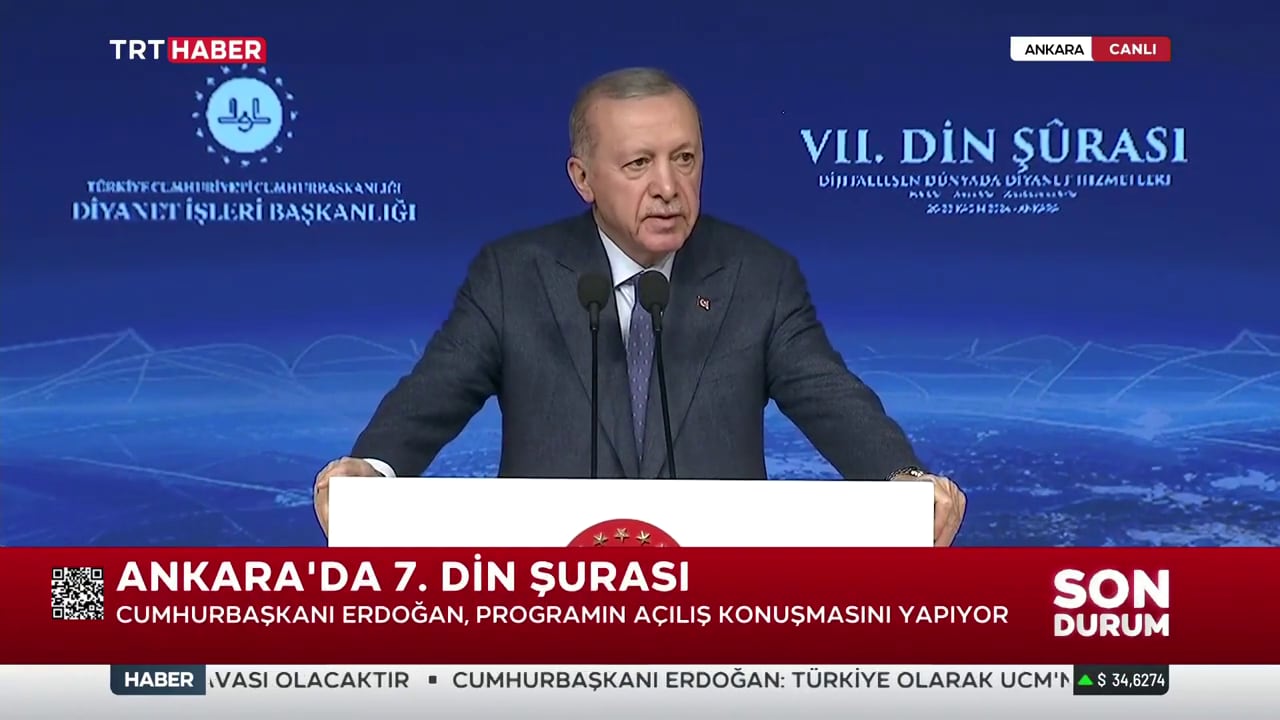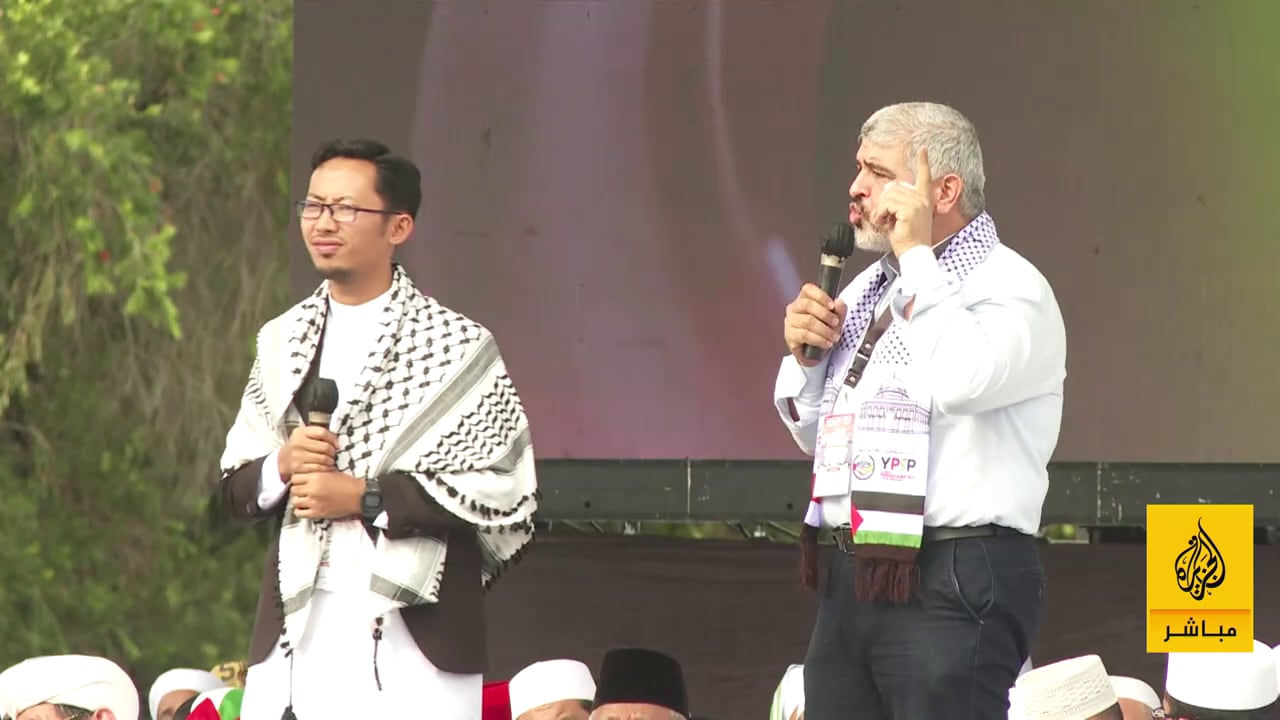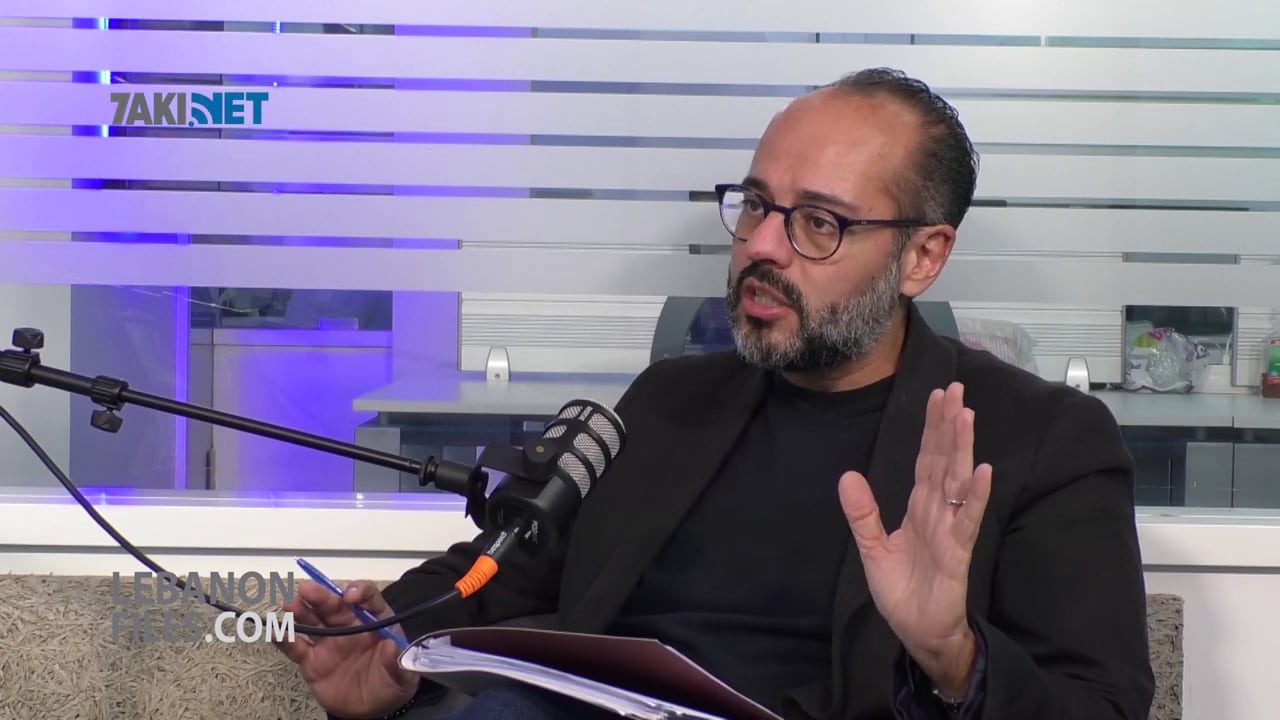
In a session of the Tunisian parliament on January 3, Constituent Assembly member Mabrouka M'barek explained why she had tried to get the French word "Degage! ("Go away!") into the constitution preamble. The word, like a heartbeat, expressed "the spirit of the revolution," she said.
Following are excerpts from her statement, which aired on Al-Wataniya TV and was posted on the Internet on January 3, 2014:
Mabrouka M'barek: I have expressed my objections regarding the constitution's preamble. I am not against the preamble. I was a member of the committee drafting the preamble. But I would like to use this historic opportunity to express my position, which I also presented in the committee, but which was rejected by my colleagues.
At the beginning of the committee's work, we talked about what a preamble means. Everybody said it should give us an idea about the reasons for the revolution, the reasons for establishing the Constituent Assembly, and why we are rewriting the constitution. As a citizen, not just as an MP, I would have liked to get a sense of the general sentiment. Between the sentences, we would like to sense the revolution and its slogans.
Many people commented on the use of the word dégage! ("go away"), and why I [wanted] to use a French word in the preamble. The word dégage! constituted the voice of the Tunisian revolution in the world. People failed to understand that the importance of the word dégage! lies in its context, not in its being French.
In French the emphasis is on the dé – Dé-gage! Dé-gage! Dé-gage! But we chanted it with a different emphasis: Dé-gage! Dé-gage! Dé-gage! pa-pam, pa-pam, pa-pam... Like heartbeats. This is the spirit of the revolution.
[...]
This is my opinion, but I support this preamble nevertheless. Thank you.
Speaker of the House: Thank you very much... This was an opportunity to present your opinion in public. I do not expect linguists, especially those interested in defending the Arabic language, to agree that the slogan Dégage! should appear at the beginning of the constitution. But this is a matter of taste. As for the pa-pam, pa-pam – it needs to be recorded. We would have to write a musical constitution or record it on tape. This would be a great opportunity for all kinds of inventors and entrepreneurs.
[...]
Mabrouka M'barek, addressing the camera: I just want to clarify that the existing preamble is the result of a compromise, but it does not echo the spirit of the revolution. I thought that we should have exercised participatory democracy, and entrust the writing of the preamble to a group of poets, who would write a poem that would better represent the spirit of the revolution.
[...]

















